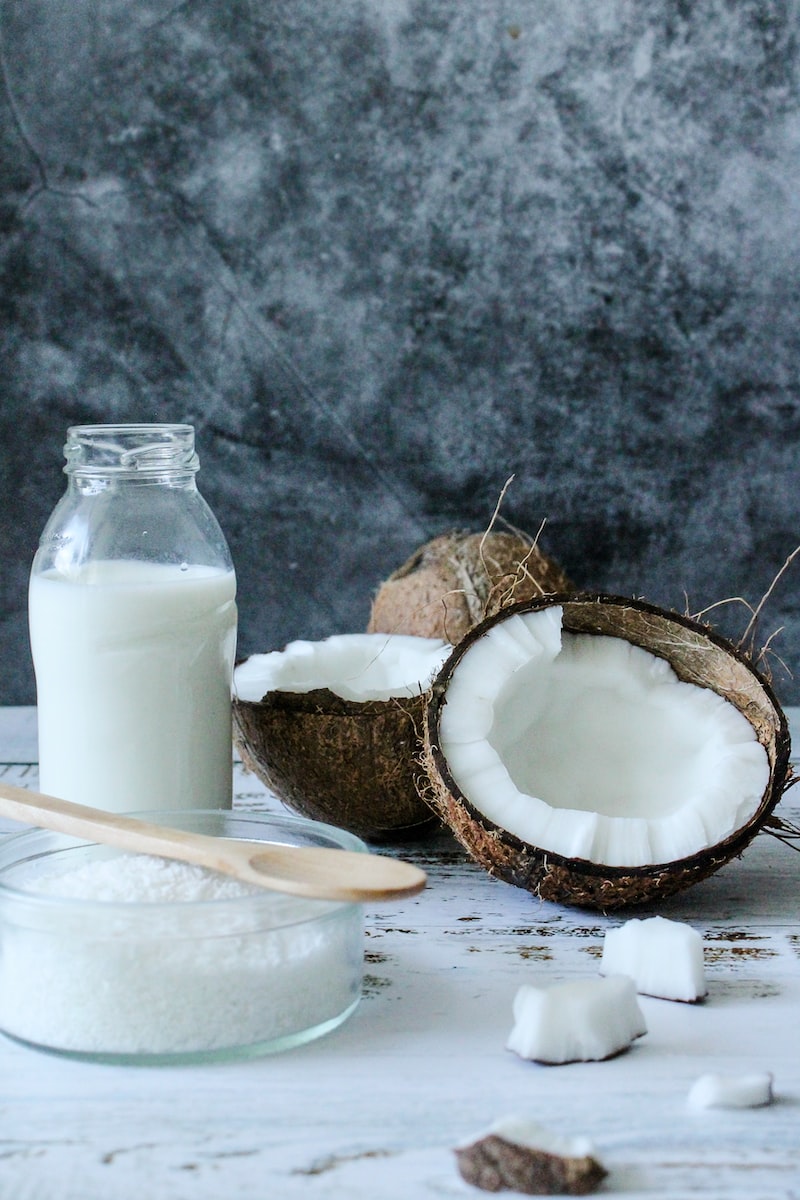Coconuts and the benefits on blood pressure
Consuming coconuts and coconut water can bring numerous benefits as this fruit is rich in B and E vitamins and helps control blood pressure levels. Coconuts are the fruit produced by the coconut palm (Cocos nucifera), a plant belonging to the Arecaceae family and originating in Indonesia. This plant can survive up to and exceeding 100 years, growing to over 35 meters in height with very large leaves that are normally between 4 and 6 meters long. When purchasing a coconut we recommend you shake it to ensure that it contains water: absence of water inside would compromise its freshness. Aside from whole, you can purchase coconuts in a variety of forms: dried, grated, grilled and more.
This fruit is made up by about 50% water, 9.4% fiber, 14% carbohydrates, 10% sugars and fats, as well as containing a fair amount of minerals including zinc, potassium, iron, copper, magnesium, phosphorus and sodium.
Coconuts also contain vitamin B1, B2, B3, B5 and B6, as well as ascorbic acid or vitamin C, vitamin E, K and J. As far as amino-acids are concerned, the most prevalent are glutamic acid, arginine, aspartic acid, phenylalanine, glycine, isoleucine, serine, threonine and cystine. Given that coconut is rich in potassium, it is an excellent food for replenishing minerals in case of need; its vitamin B and C content also makes it useful in the treatment of certain disorders such as general weakness, nervousness and urinary disorders. According to some studies, coconuts may help eliminate air that builds up in the stomach and intestine, as well as help remove toxins from the digestive system and contributing to control and lower blood pressure.
The water contained in coconuts has many beneficial properties for the human body: it is low in fat and rich in vitamins and minerals that help maintain the organism healthy. It also strengthens the immune system, benefits the cardiovascular and nervous system, helps digestion and has regenerative effects on cells.
Scientific articles below:
- Coconut (Cocos nucifera L.: Arecaceae): in health promotion and disease prevention. (Asian Pac J TropMed. 2011 Mar;4(3):241-7. doi: 10.1016/S1995-7645(11)60078-3. Epub 2011 Apr 12.) http://www.sciencedirect.com/science/article/pii/S1995764511600783
- Dietary fats and health: dietary recommendations in the context of scientific evidence. (Adv Nutr. 2013May 1;4(3):294-302. doi: 10.3945/an.113.003657.) http://advances.nutrition.org/content/4/3/294.long
- Coconut fragrance and cardiovascular response to laboratory stress: results of pilot testing. (Holist Nurs Pract. 2010 Nov-Dec;24(6):322-32. doi: 10.1097/HNP.0b013e3181fbb89c.) ABSTRACT http://www.ncbi.nlm.nih.gov/pubmed/21037456


